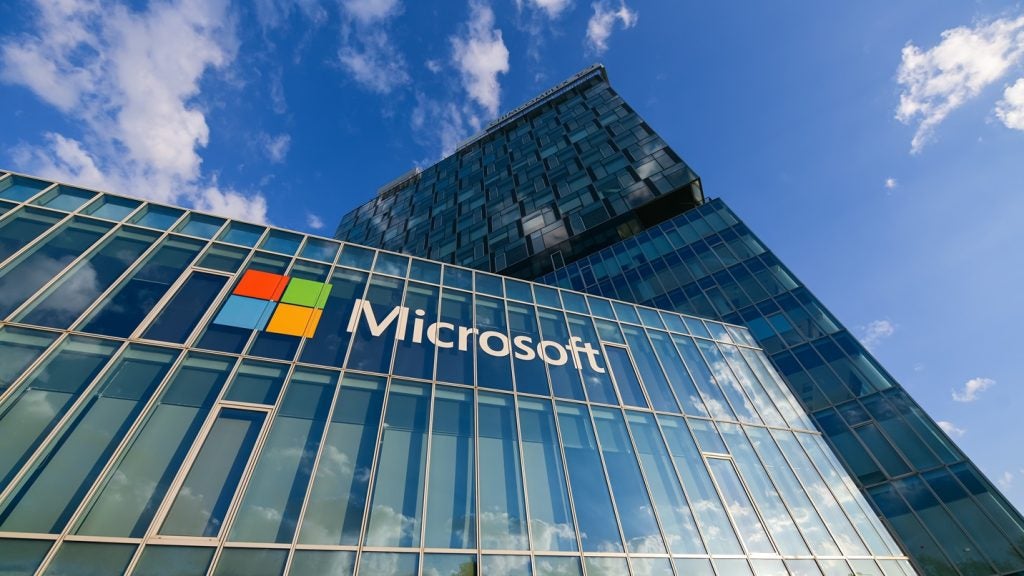
James Murdoch will remain as Sky chairman after receiving just 51.5 percent of the independent shareholder vote on Thursday.
Institutional Shareholder Services (ISS), Glass Lewis, and Pirc — companies that advise many of the world’s biggest institutions on how to vote at annual meetings — urged investors to vote against Murdoch’s re-election.
But why did Murdoch fail to garner more support from investors?
1. Conflict of interest
A number of investors remain concerned about a potential conflict of interest, given that Murdoch is also chief executive of 21st Century Fox, which is in talks to buy a 61 percent stake in Sky for £11.7bn.
Fox already owns a 39 percent shareholding in Sky.
Murdoch responded to criticism on Thursday by saying that the both Sky and Fox were “engaged constructively with the regulatory authorities” about the deal.
How well do you really know your competitors?
Access the most comprehensive Company Profiles on the market, powered by GlobalData. Save hours of research. Gain competitive edge.

Thank you!
Your download email will arrive shortly
Not ready to buy yet? Download a free sample
We are confident about the unique quality of our Company Profiles. However, we want you to make the most beneficial decision for your business, so we offer a free sample that you can download by submitting the below form
By GlobalDataThe Competition and Markets Authority (CMA) is investigating the tie-up to assess whether or not it is in keeping with media plurality rules and broadcasting standards.
Despite the CMA’s involvement, Royal London, one of Sky’s shareholders and the largest mutual insurer in the UK said Murdoch’s dual position was still “inappropriate”.
The company, which owns a £44m stake in the British satellite broadcaster, added that Sky needs a “truly independent” chair.
“Independent oversight of the board is particularly important given Fox’s ongoing bid to acquire Sky,” said Ashley Hamilton Claxton, the firm’s corporate governance manager.
Independent shareholder Hugh Lawson was one of many who echoed Royal London’s concerns on Thursday.
“Fox is getting a very sweetheart deal out of this, and mainly I think it’s because of the lack of independence on the board,” he said.
Martin Gilbert, the non-executive deputy chairman of Sky and co-chief executive of Standard Life Aberdeen, said the board had already engaged in “impartial discussions” about the deal that did not include Murdoch or other Sky directors with connections to Fox.
“We have met 11 times,” he said. “I can assure you that none of the [Sky] directors linked to Fox took part.”
2. Executive pay
Only 36 percent of independent investors supported the company’s remuneration report.
The total pay package for Sky’s chief executive, Jeremy Darroch, quadrupled to more than £16m in the year to the end of June, despite the company’s falling profits.
Darroch also received an annual bonus of £1.9m.
“The board notes the significant vote against resolution 3, the directors’ remuneration report, and resolution 12, the re-election of James Murdoch, and will continue to engage with shareholders to understand their views as part of its ongoing program of engagement,” Sky said in a statement.
3. Phone-hacking and sexual harassment
Opponents of the deal with Fox have pointed to the plethora of sexual harassment allegations at Fox News over the past year, which led to the departure of its chair, Roger Ailes, and anchor Bill O’Reilly.
In 2011, the phone-hacking scandal rocked News Corp, also owned by the Murdoch family, when it emerged that journalists were accessing audio content without consent.
Murdered schoolgirl Milly Dowler was one of the victims of phone hacking.
“Are you confident the CMA won’t unearth new Fox scandals which could derail the bid in the way that the Milly Dowler scandal did back in 2011?” Alaphia Zoyab, senior campaigner at activist group Avaaz asked Murdoch on Thursday.
Five years after the phone-hacking scandal prompted Murdoch’s resignation from the company, he was reappointed chairman of Sky in 2016.
Murdoch’s level of support from independent Sky shareholders this year was a slight improvement on the 47 percent he garnered last year.
Sky’s latest results showed sales in the three months to 30 September — the first quarter of its financial year — rose 5 percent to £3.3bn.







